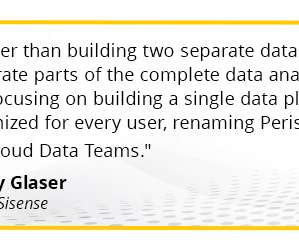The mainframe is dying: Long live the mainframe application!
CIO Business Intelligence
MARCH 10, 2022
Fujitsu remains very much interested in the mainframe market, with a new model still on its roadmap for 2024, and a move under way to “shift its mainframes and UNIX servers to the cloud, gradually enhancing its existing business systems to optimize the experience for its end-users.”














Let's personalize your content